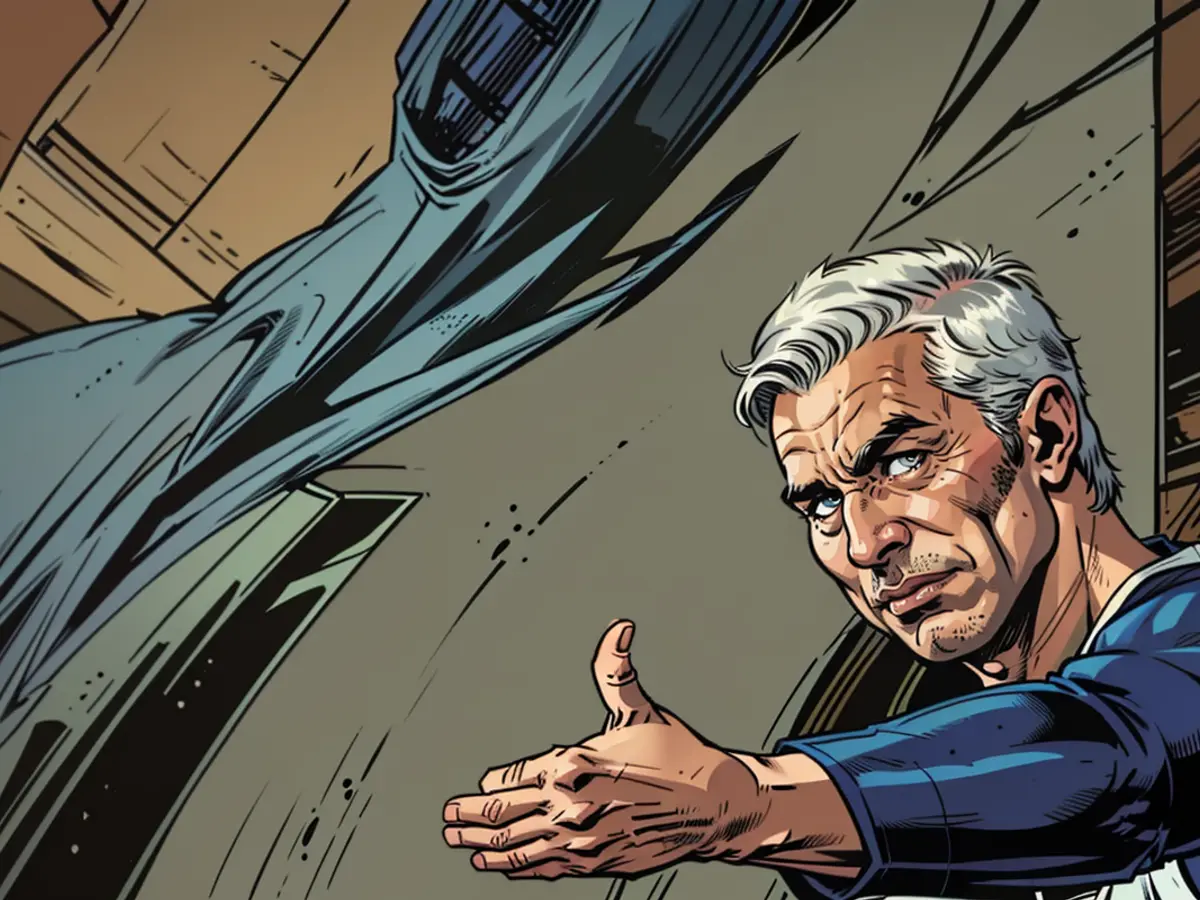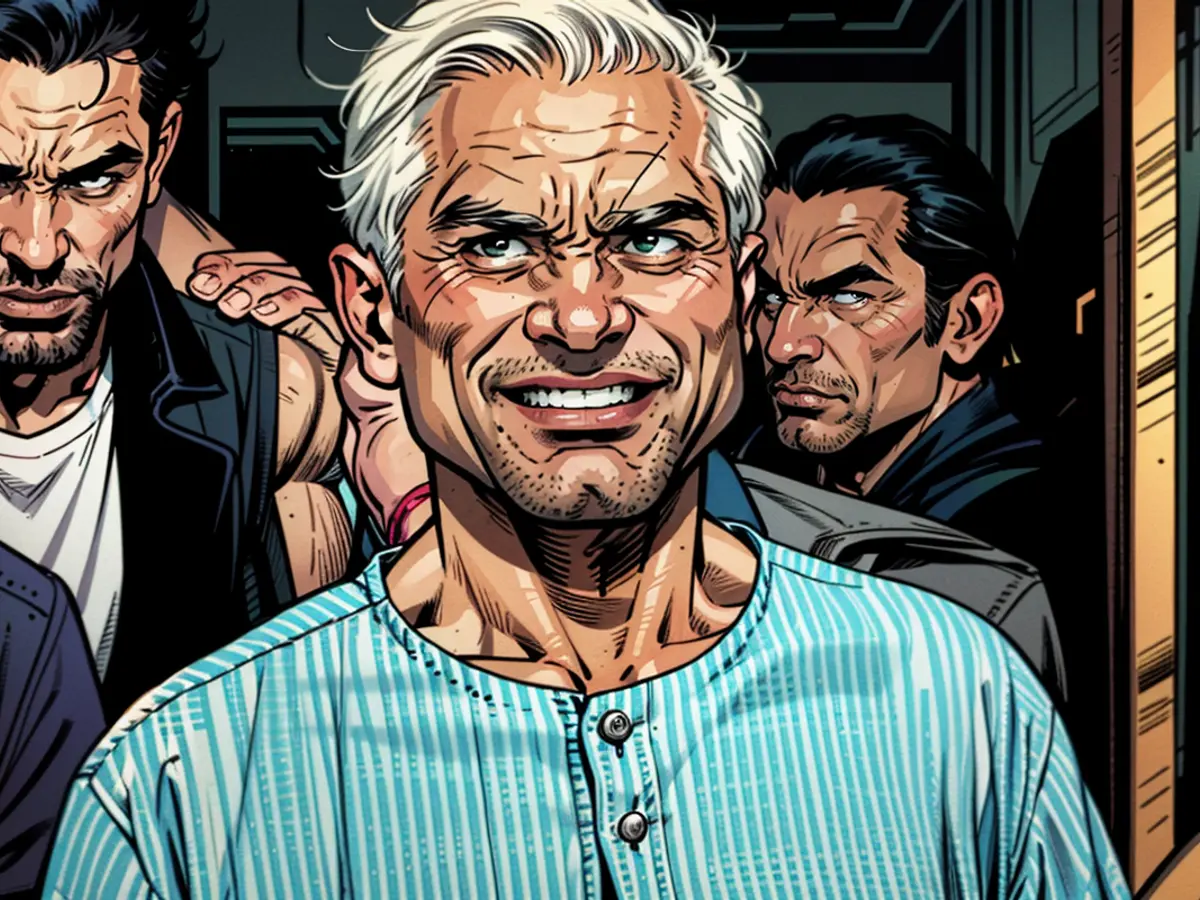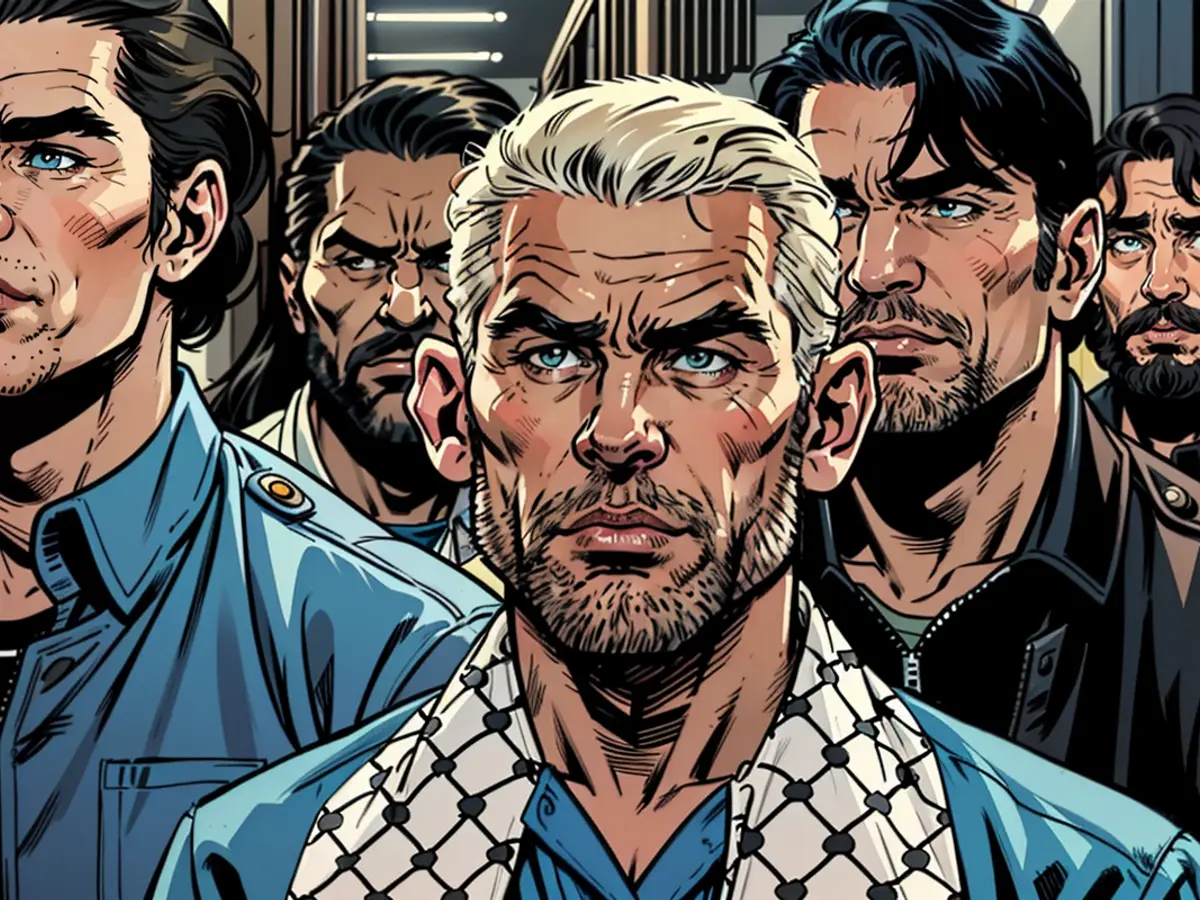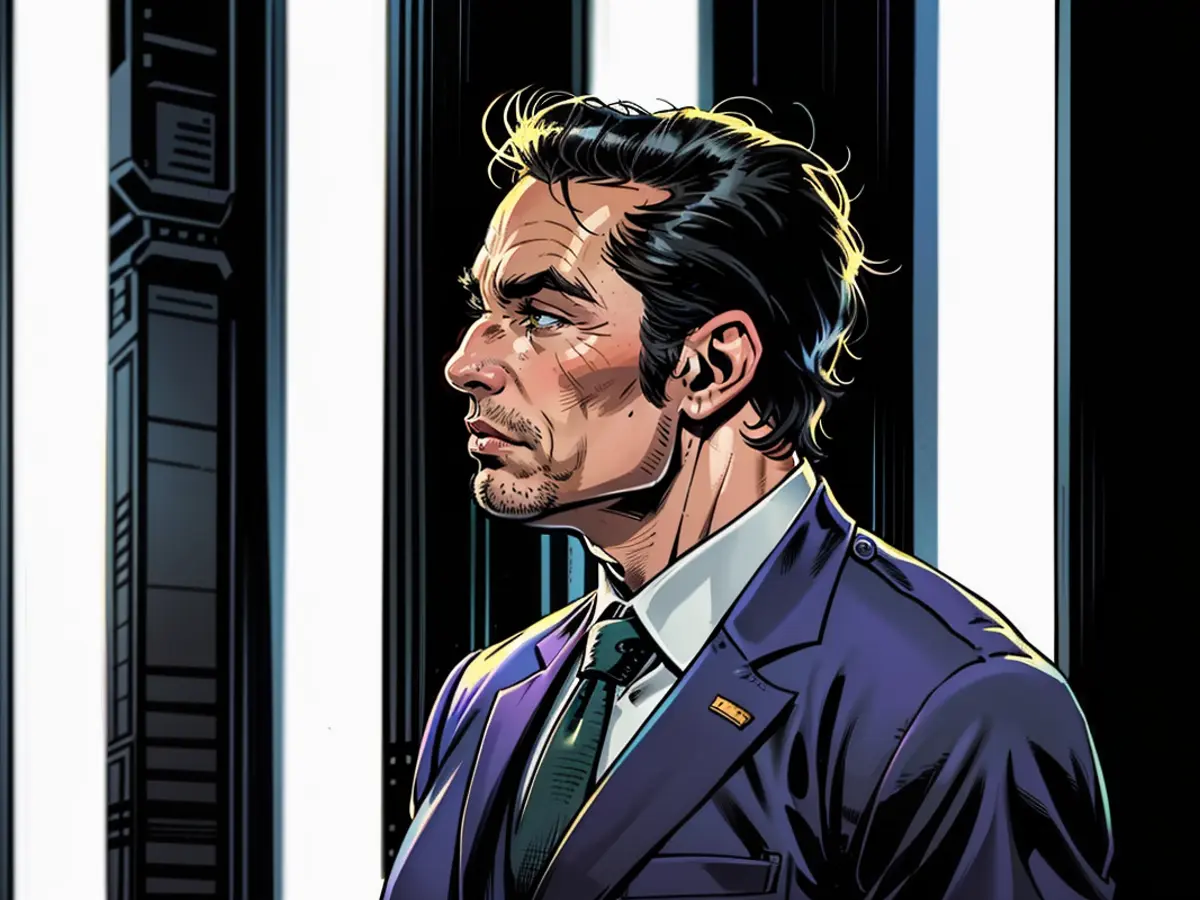Nobel Prize winner Yunus ready to lead transitional government in Bangladesh
The transitional government is just the beginning. True pacification can only be achieved through free elections. Without elections, there will be no change," said Yunus, who in the 1980s helped millions of people in the South Asian country out of poverty through the granting of microloans. In 2006, the economist was awarded the Nobel Peace Prize for this work.
"Trust in Dr. Yunus," declared Asif Mahmud, one of the leaders of the Students Against Discrimination (SAD) movement, on the online service Facebook. Meanwhile, on Tuesday, the president of the country dissolved parliament and opposition leader and former prime minister Khaleda Zia was released from house arrest.
Hasina, who had been in power for 15 years, fled Bangladesh on Monday after weeks of sometimes violent mass protests. Demonstrators had stormed her official residence and set fire to television stations. Army chief Waker-Uz-Zaman announced the formation of a transitional government, stating, "It is time to put an end to the violence."
Monday was the bloodiest day of the protests, which have been ongoing since early July, with at least 122 deaths. Initially targeting a quota system for job allocation in the public service, the protests later called for the resignation of the prime minister, who has been in office since 2009. Millions of people from all walks of life joined the movement, which saw violence between government supporters and opponents, as well as shootings by security forces into crowds. According to AFP, at least 413 people have been killed in total.
On Tuesday, the streets of the capital Dhaka remained largely calm, with many businesses reopening and international flights resuming at the airport. Mothers of some of the hundreds of political prisoners secretly detained under Hasina waited outside a building of the military intelligence service.
Witnesses reported that shops and houses of Hindus, a population group perceived to be close to Prime Minister Hasina in the predominantly Muslim country, were also targeted during the riots. Human rights groups in Bangladesh, as well as US and European Union diplomats, expressed concern over the alleged attacks against religious and ethnic minorities.
The US State Department advised unnecessary diplomats, embassy staff, and their family members to leave Bangladesh due to the unstable political situation. Travel warnings for Bangladesh had already been issued last month.
Meanwhile, members of the main police unions in Bangladesh called for a strike until the security of all police members is guaranteed.
Neighboring countries India and China, important regional partners, called for calm. The Chinese Foreign Ministry stated that the country hopes for the "early restoration of social stability in Bangladesh." Indian Foreign Minister S. Jaishankar expressed his "deep concern" until law and order are restored, and confirmed that Hasina had fled to India.
The 76-year-old Hasina was re-elected in a controversial election in January. Her government has been accused of, among other things, misusing state institutions to maintain power and suppressing government critics, even resorting to extrajudicial killings of opposition figures.
The transitional government, led by Army chief Waker-Uz-Zaman, was formed to put an end to the violence. The Opposition Leader and former prime minister Khaleda Zia, supported by The Commission for fair elections, is expected to play a significant role in the upcoming polls.







